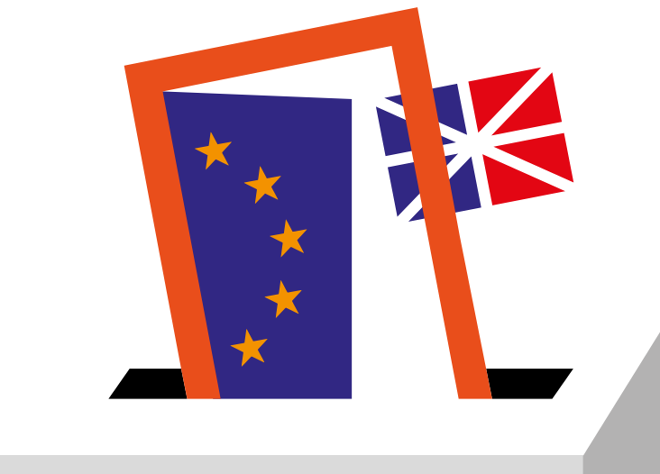Advertisement
Advertisement
Will the Eurozone Fail If Britain Pulls Out
By:
The recent headlines and polls seem to indicate that the move to leave the Eurozone is gaining more and more traction as the June 23rd referendum draws
The recent headlines and polls seem to indicate that the move to leave the Eurozone is gaining more and more traction as the June 23rd referendum draws near. Many analysts are calling for devastation of the UK economy if the vote is to leave while others say it will be the smartest move that the Brits can make. The thing is the Brits will control their own future when they vote it is the Eurozone that has little say in the outcome and it is the future of many nations and the entire premise of the Eurozone which could be destroyed or severely damaged.
Even though the UK membership in the Eurozone is unique many other members have begun serious discussions on leaving the Eurozone.
Being against the European Union doesn’t mean you hate Europe. The EU is an organization that’s trying to increase its power, in the name of promoting unity in Europe.
For instance, you may well have voted in the 1974 referendum, held during Edward Heath’s government. If you did, you’ll remember that the choice back then was to become a part of a common European market… not the European Union as we know it today.
Britain chose to join a club based on free trade, only to find that the rules could be changed without our agreement… and that it’s nearly impossible to leave. What began as an amiable and beneficial trading accord has morphed into a proxy parliament… and now into a prison.
Winston Churchill believed in a united Europe. He wanted to see the free movement of goods, capital and labor, and believed that free trade would bind nations together and create a lasting peace.
But as he once said, “if you make 10,000 regulations you destroy all respect for the law.” Excessive rules feed a bulging bureaucracy; they don’t create a better European economy.
While the EU may have embraced free-market ideals early on, it has moved away from them. The EU’s actions and structures drive its members towards a centralized social and political model, fed by high taxation.
In turn, that means that power will always flow towards and serve the interests of the biggest, most influential partners in the EU – Germany and France.
That attitude is holding back the rest of Europe, particularly those countries locked into the euro. That’s a great pity. But we don’t have to remain part of that. There is no doubt that Britain would thrive alone the biggest questions is will the Eurozone survive. The EU in its current form serves neither Britain nor Europe. It must undergo radical change. And if it can’t or won’t, then Britain should go it alone. The UK’s exit from the European Union could leave weak member countries exposed to a rise in migrants and reduce the influence of the remaining 27 states on the global stage, according to a leading economist.
Jennifer McKeown, senior European economist at Capital Economics, said: “The EU is in a precarious state already, with GDP in most countries still below its 2008 level, refugee inflows adding to pressure on resources and policymakers struggling to respond. The loss of an important member would damage confidence within the region and reduce the EU’s influence in global negotiations, giving it less scope to negotiate in favor of its economies.
Ex Greek Finance Minister Varoufakis said that Europeans have a moral duty to resist the disintegration of the EU. “Last time we crashed and burned in Europe we produced the Holocaust, we produced tens of millions of dead people.
An exit will also be negative implications for the EU budget because the UK is the second largest contributor after Germany, and also for foreign direct investment.
There is the danger that Britain outside the EU would surge ahead, reducing energy costs, reviving localized environmental policy, renewing democracy, increasing its trade links with the outside world. It might encourage others to leave the EU, and give a signal that the EU is yesterday’s answer to 20th century issues. Now of course, many of us in Britain believe those things to be true, and hope for those outcomes. But in the mainland of the EU, public desire for integration is still fairly strong in the leading nations. The migrant crisis has shaken belief in open borders, and Schengen has been relived in some places. But that does not automatically mean that there has been a fundamental shift in the desire to develop the EU per se, and the crisis will end at some point.
So, there is no real reason to think that the EU project would be substantially harmed by Brexit
About the Author
Barry Normanauthor
Advertisement
